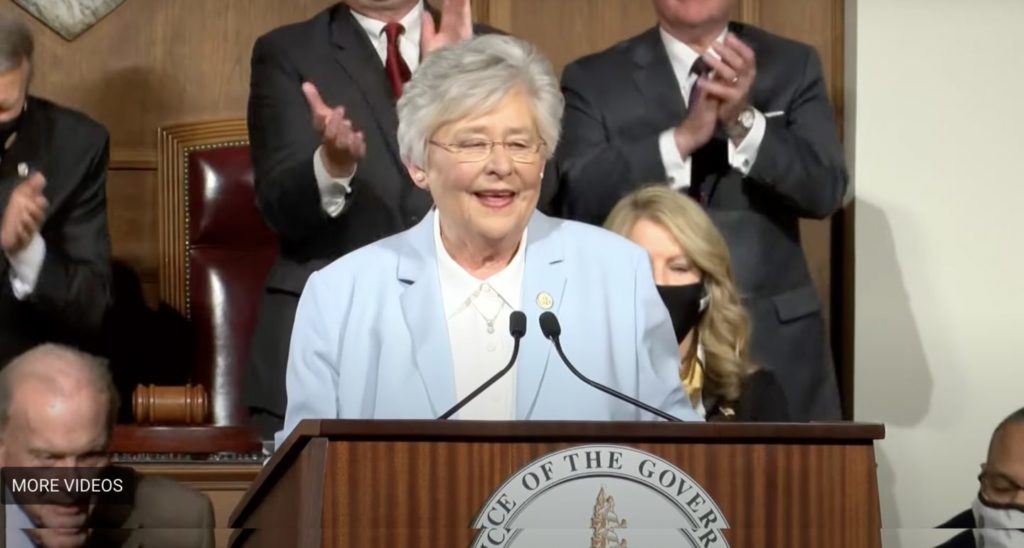Alabama Legislature passes school choice expansion bill
The Alabama House voted in favor of school choice expansion on Wednesday, fulfilling the governor’s promise to prioritize education reform.
Sen. Donnie Chesteen, R-Dothan, the sponsor of the…

The Alabama House voted in favor of school choice expansion on Wednesday, fulfilling the governor’s promise to prioritize education reform.
Sen. Donnie Chesteen, R-Dothan, the sponsor of the bill, estimated 3,000 to 4,400 more low-income and disabled students could access scholarships if the measure passes.
SB 263 revises the Alabama Accountability Act of 2013 by expanding the tax-credit scholarship program in four ways:
- Increasing the scholarship limit from $6,000 for elementary and $8,000 for middle school students to $10,000 for all K-12 students;
- Allowing more low-income families to qualify by raising the income cap from 175% to 250% of the federal poverty level;
- Making all students with disabilities eligible;
- Raising the program’s overall cap from $30 million to $60 million.
Gov. Kay Ivey is expected to sign the bill, as she has been vocal about supporting school choice and wanting to reform the Alabama Accountability Act.
“Ensuring every Alabama student receives a high quality education will be my number one focus,” Ivey said in her second inaugural speech in January. “I also support parents being able to decide what is best for their own child’s education.
“We need to have meaningful discussions about school choice in Alabama.”
However, some senators thought SB 263 could have gone farther.
“We need universal school choice,” said Sen. Larry Stutts, R-Sheffield, Alabama Today reported. “No one understands the individual needs of the child better than the parents.”
Stutts sponsored a bill which would have created education savings accounts (ESAs), but the measure was indefinitely postponed.
Other senators were concerned that Chesteen’s bill would somehow harm low-income families.
“I think this bill takes care of the middle up,” said Sen. Bobby Singleton, D-Greensboro. “It does not help those in the bottom.”
Singleton also claimed that giving scholarships to low-income and disabled students would “hurt public education.”
Unfortunately, Alabama’s public education is already hurting.
According to the state’s most recent report card, only 47% of students are proficient in English, while a mere 27% are proficient in math. And 212 public schools in Alabama have grades of D or F, according to Chesteen.
The school choice expansion will go into effect three months after being signed by the governor.



